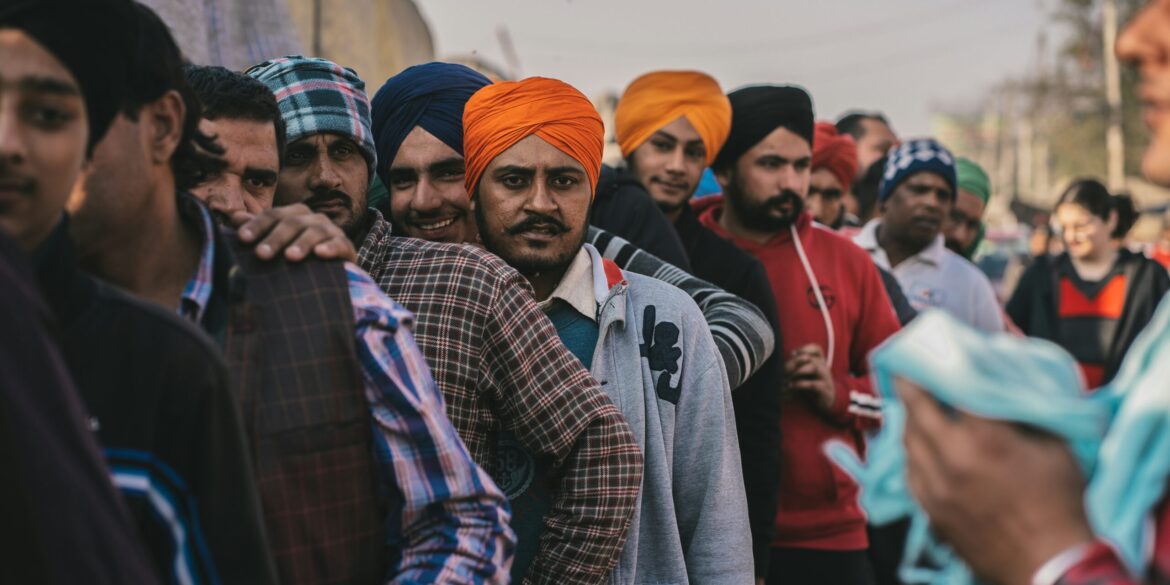The U.S. Department of State has recently announced a temporary suspension of EB-2 employment-based green cards, set to last until September 30, 2025. This suspension is expected to have a significant impact on thousands of applicants, with Indian nationals being the hardest hit. The EB-2 category, which is intended for highly skilled professionals, has long been a popular avenue for individuals seeking permanent residency in the United States, particularly in fields such as technology, healthcare, and academia. However, the suspension is a direct response to the growing backlog and the need to address the strain caused by a combination of factors, including high demand and per-country limits.
The EB-2 category has always been a favored option for skilled professionals looking to contribute to the U.S. workforce. It is primarily aimed at individuals with advanced degrees or those who possess exceptional abilities in their respective fields. As a result, it has become a crucial pathway for many high-skilled workers, especially those in industries like information technology, engineering, and medicine. Given the crucial role these workers play in the U.S. economy, the EB-2 green card has been a lifeline for many seeking to live and work in the country long-term.
However, despite its popularity, the EB-2 process has been marred by long wait times, particularly for applicants from countries with high demand for green cards. Indian nationals make up a large portion of EB-2 applicants, and due to the per-country limit on green cards, these applicants have faced a unique and often frustrating challenge. The U.S. government allocates a limited number of green cards to each country each year, which means that even if there are enough green cards available to meet the demand overall, countries like India, which have large numbers of applicants, often see significant delays.
These delays have been particularly severe for Indian nationals, whose wait times can stretch for years, and in some cases, decades. For many, the journey to obtaining an EB-2 green card has felt like a never-ending process. In some instances, the backlog has left entire families in limbo, with no clear timeline for when they will be able to reunite or settle permanently in the United States. The recent suspension of the EB-2 green cards until 2025 only serves to worsen an already dire situation.
This temporary halt is expected to prolong the waiting period even further. Indian applicants, who have already been waiting for years due to the backlog, will now face additional uncertainty regarding their future in the U.S. This is particularly challenging for those who had already made plans, including career changes or life decisions based on the expected timeline for obtaining their green cards. The suspension effectively pushes their dreams of securing permanent residency even further into the future.
While some have argued that the U.S. immigration system needs reform to address the unequal distribution of green cards among countries, others are expressing frustration over the lack of immediate solutions. The backlog in the EB-2 category is a symptom of a much larger issue within the U.S. immigration system, one that has not been fully addressed by lawmakers. Although there have been attempts to introduce new legislation to alleviate some of the pressure on the green card system, including proposals to increase the per-country limits, meaningful changes have yet to be realized.
For Indian applicants, the impact of this suspension goes beyond bureaucratic delays. The uncertainty created by the halt leaves many people in a state of limbo, unable to make long-term decisions about their lives and careers. Many who have been in the U.S. on temporary work visas are now unsure of their ability to stay in the country, which in turn creates anxiety about job security, family stability, and personal well-being. Furthermore, for those who have been waiting for their green cards for years, this pause represents another setback in an already frustrating journey.
Families are also bearing the brunt of this suspension. The prolonged wait times for EB-2 green cards have already resulted in families being separated for extended periods. Parents who were hoping to bring their children or spouses to the U.S. are now facing even longer waits, creating additional emotional and financial strain. The uncertainty surrounding their future adds to the already considerable burden, as they are left with little clarity on when or if they will be able to achieve their immigration goals.
This halt has sparked widespread concerns and discussions within immigrant communities, particularly those with strong ties to India. As these professionals continue to make significant contributions to the U.S. economy, they are frustrated by the lack of progress in resolving the green card backlog. The temporary suspension, while necessary to manage the existing backlog, has left many feeling disillusioned and uncertain about their future prospects in the United States.
In the coming months, the future of EB-2 green card applicants, especially from India, will likely continue to be marked by uncertainty. As the U.S. immigration system struggles to keep up with demand, many applicants will have no choice but to wait for a resolution that seems increasingly out of reach. For those affected, the hope remains that reform will eventually come to address the challenges posed by the green card backlog, but until then, thousands will continue to wait in the hope that their dreams of permanent residency will someday be realized.

